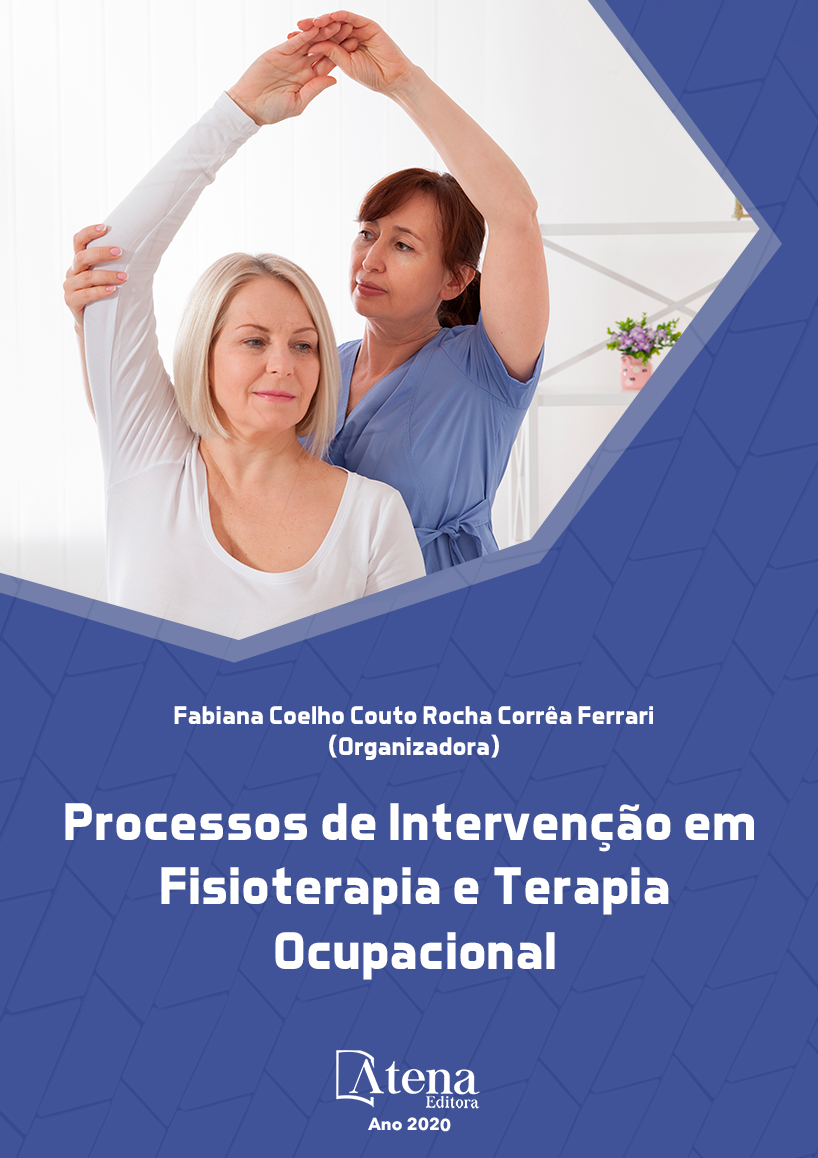
SISTEMA ESPECIALISTA NA DETECÇÃO DE FALSOS POSITIVOS E NEGATIVOS NA APLICAÇÃO DO PERFIL SENSORIAL NA PRÁTICA DO TERAPEUTA OCUPACIONAL
A detecção do Transtorno do
Processamento Sensorial (TPS), faz parte do
cotidiano da clínica do Terapeuta Ocupacional
(TO). Para o diagnóstico, utiliza-se o formulário
Perfil Sensorial 2 (PS). Nos casos de avaliação
de crianças e de adolescentes, de 0 a 14
anos e 11 meses, o questionário é aplicado
aos cuidadores e uma versão é enviada
para a escola. Nesse sentido, as respostas
são subjetivas e inerentes à percepção e
observação dos cuidadores. Com a finalidade
de trazer dados objetivos e aumentar a precisão
da avaliação do TPS, propõe-se acrescentar o
grau de confiança na resposta que o cuidador
tem. Esta proposta é inerente aos algoritmos de
Sistema Especialista (SE). Assim, pretendeuse
encontrar pontos flutuantes (fracionário) e
também a capacidade que uma baixa confiança
nas respostas pode levar o resultado de um lado
para o outro, seja do positivo para o negativo ou
do positivo para o negativo.
SISTEMA ESPECIALISTA NA DETECÇÃO DE FALSOS POSITIVOS E NEGATIVOS NA APLICAÇÃO DO PERFIL SENSORIAL NA PRÁTICA DO TERAPEUTA OCUPACIONAL
-
DOI: 10.22533/at.ed.3002005039
-
Palavras-chave: Perfil sensorial, Sistema Especialista, Inteligência Artificial.
-
Keywords: Sensory Profile, Expert System, Artificial Intelligence.
-
Abstract:
Detection of Sensory Processing
Disorder (TPS) is part of the routine of the
Occupational Therapist (TO) clinic. For the
diagnosis, the Sensory Profile 2 (PS) form is
used. In cases of evaluation of children and
adolescents, from 0 to 14 years and 11 months,
the questionnaire is applied to the caregivers
and a version is sent to the school. In this sense,
the answers are subjective and inherent to the
perception and observation of caregivers. In
order to provide objective data and increase the
accuracy of the TPS assessment, it is proposed
to add the degree of confidence in the response
that the caregiver has. This proposal is inherent
to the Expert System (SE) algorithms. Thus, it
was intended to find floating points (fractional)
and also the ability that a low confidence in the
responses can take the result back and forth,
either positive to negative or positive to negative.
-
Número de páginas: 13
- Ilton Garcia dos Santos Silveira
- Marília Miranda Forte Gomes
- LIDIA ISABEL BARROS DOS SANTOS SILVEIRA


